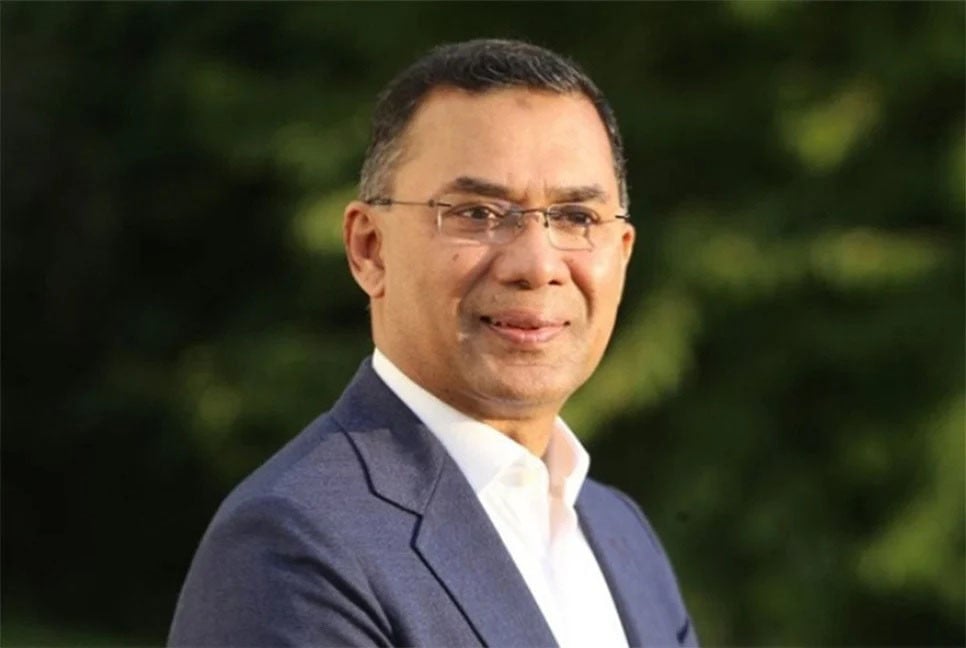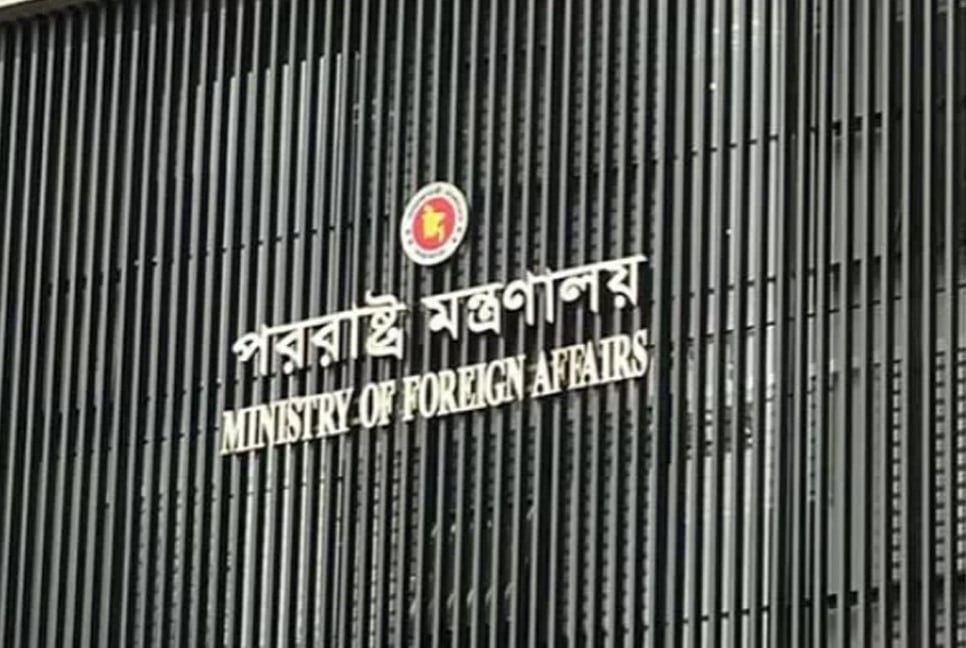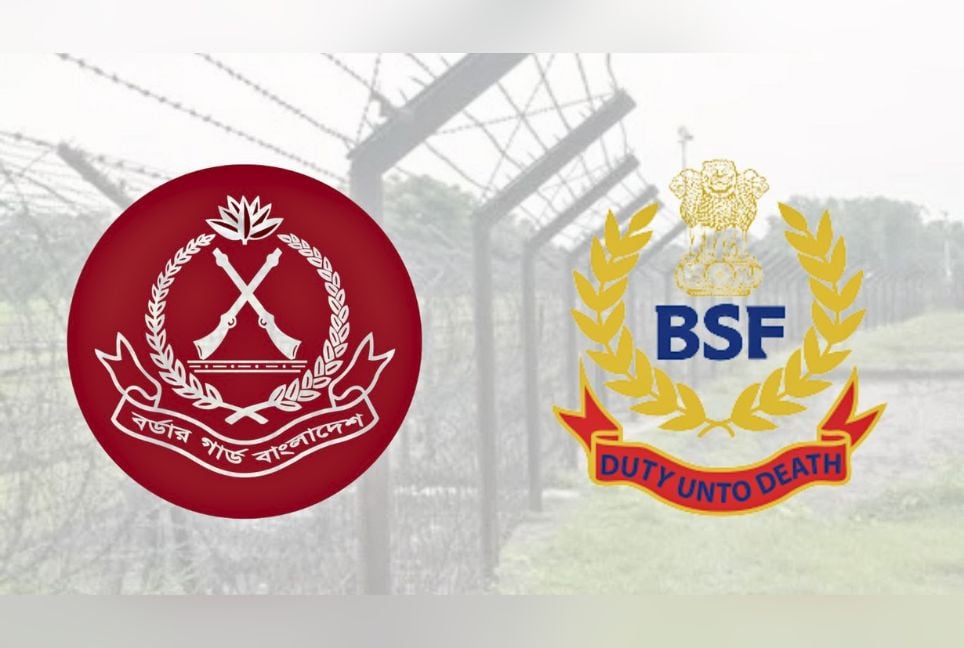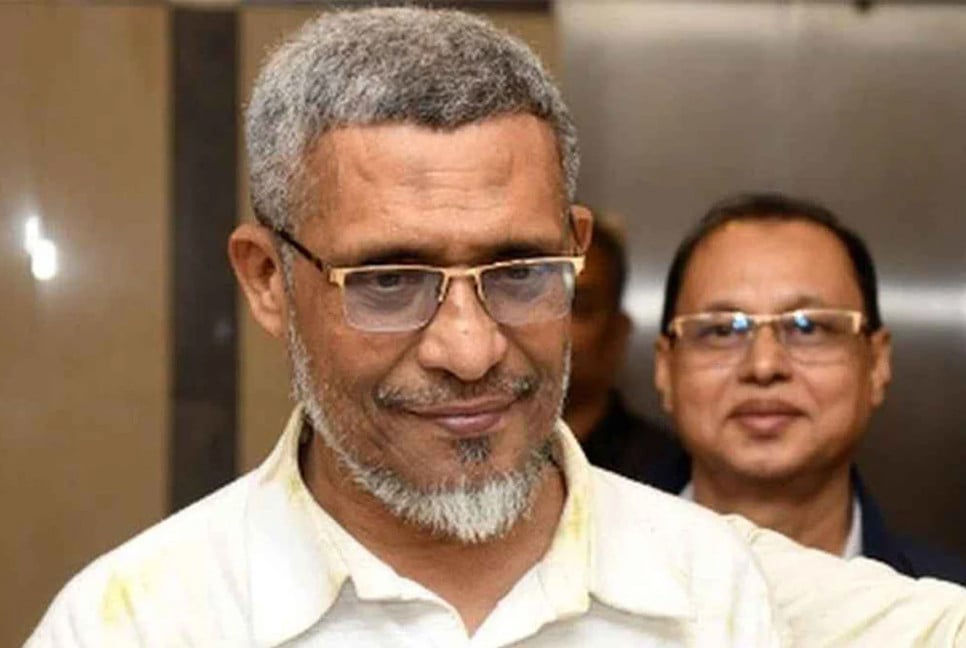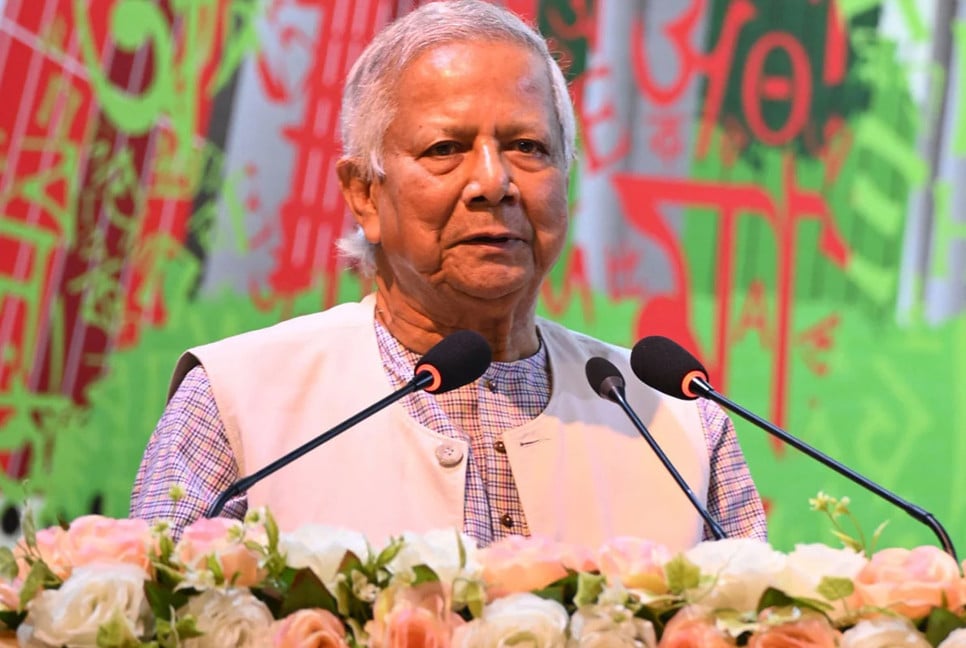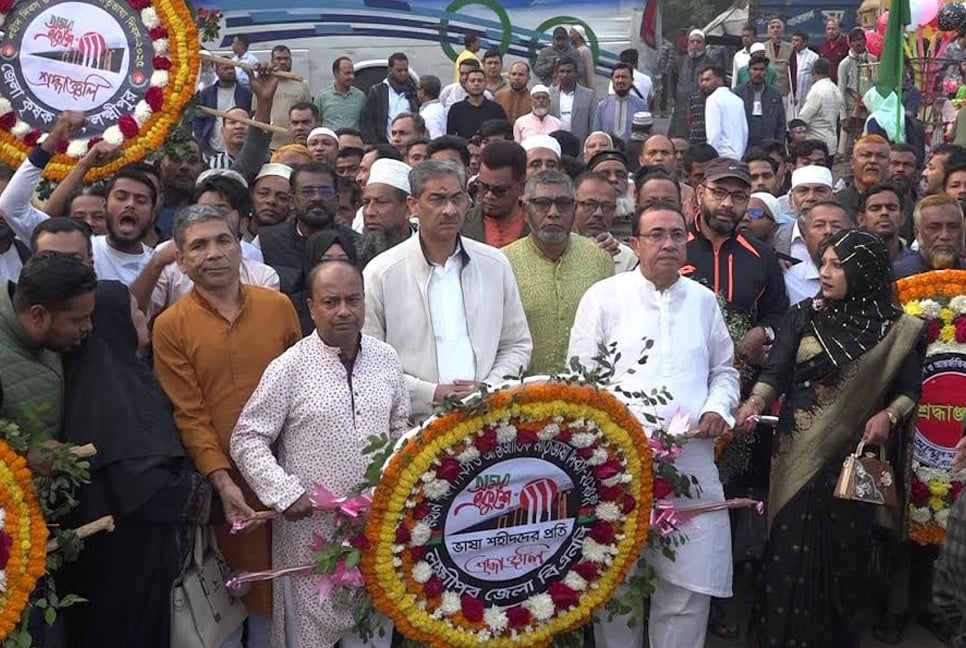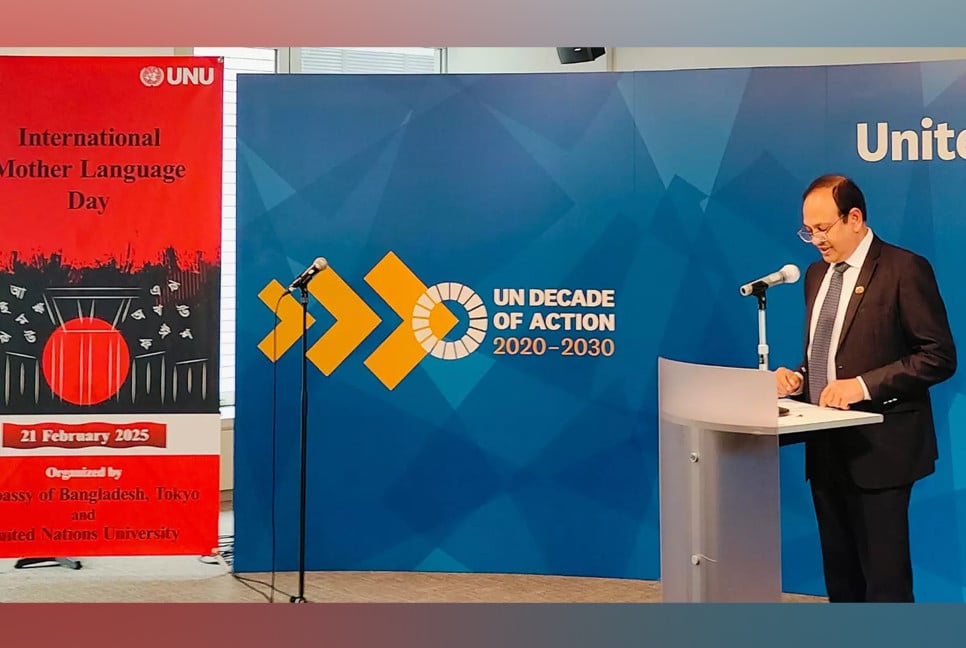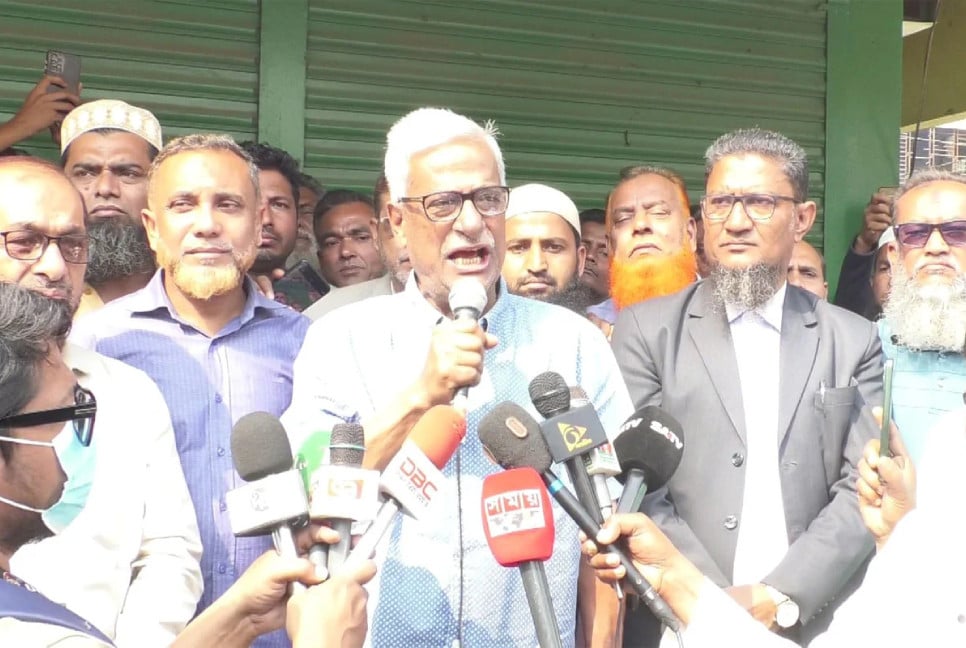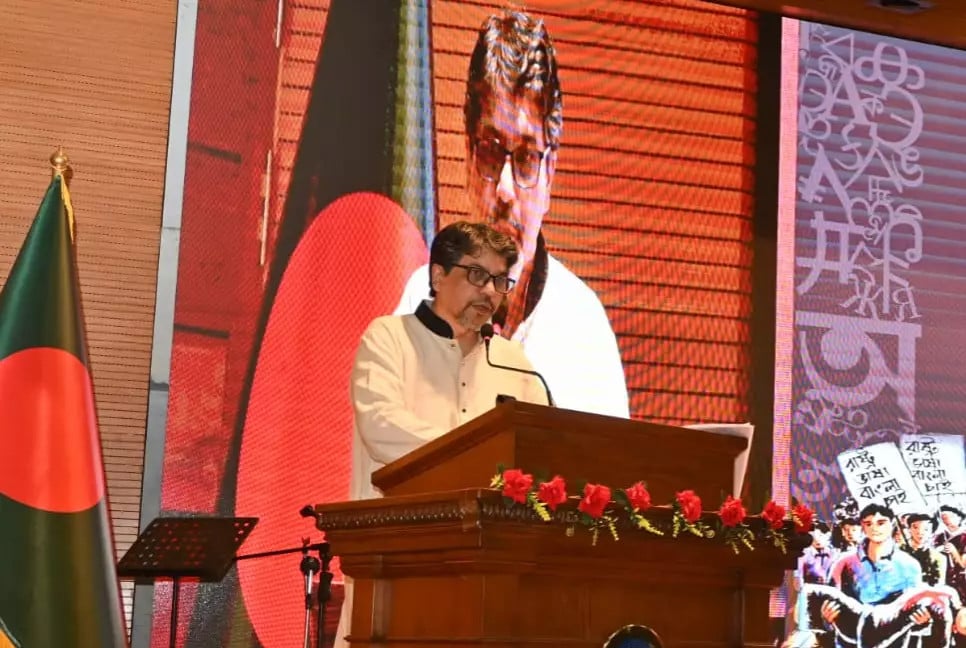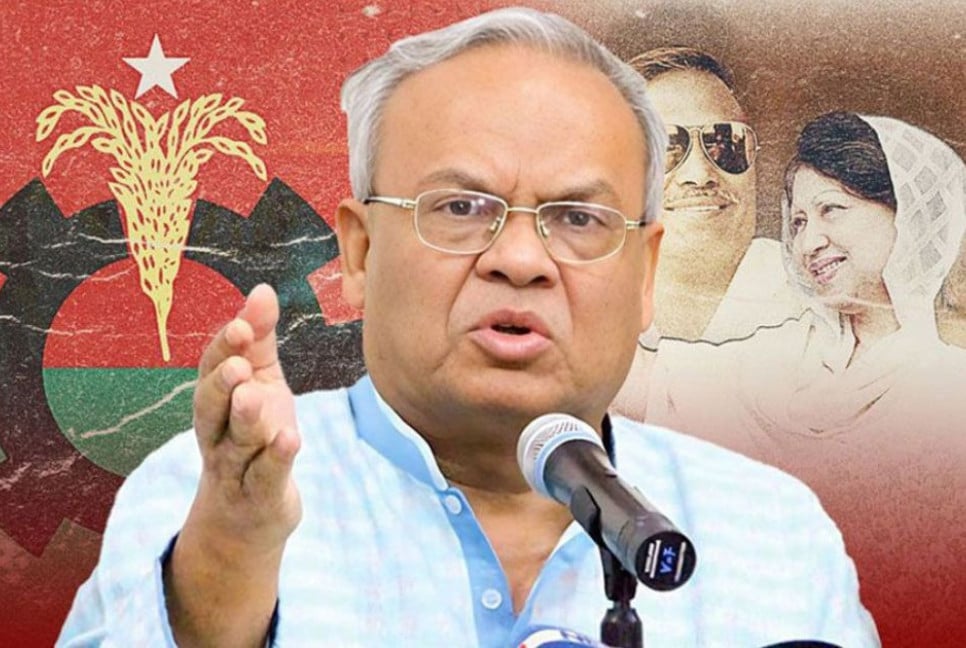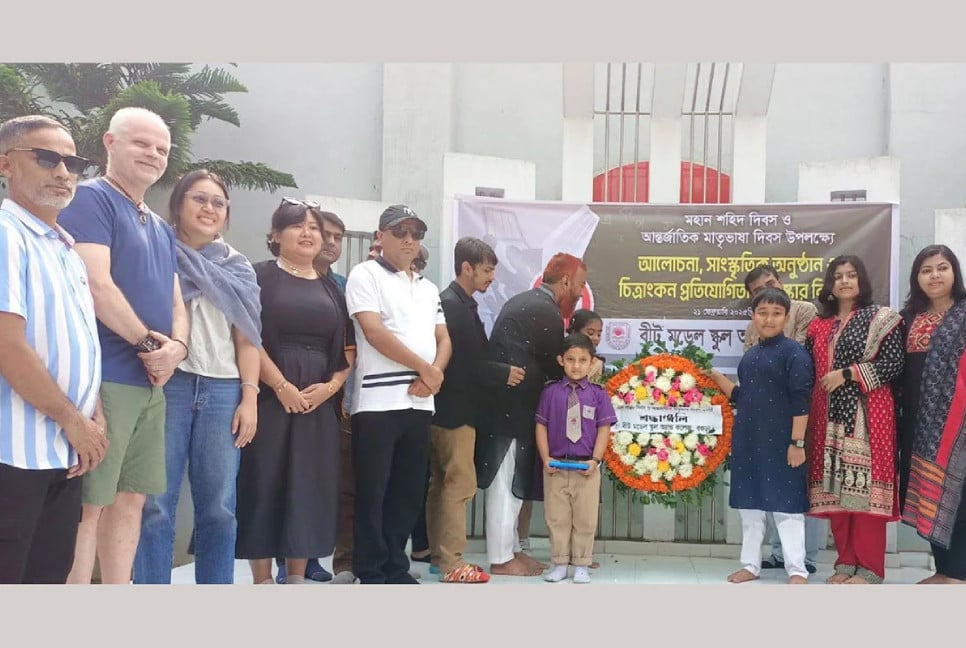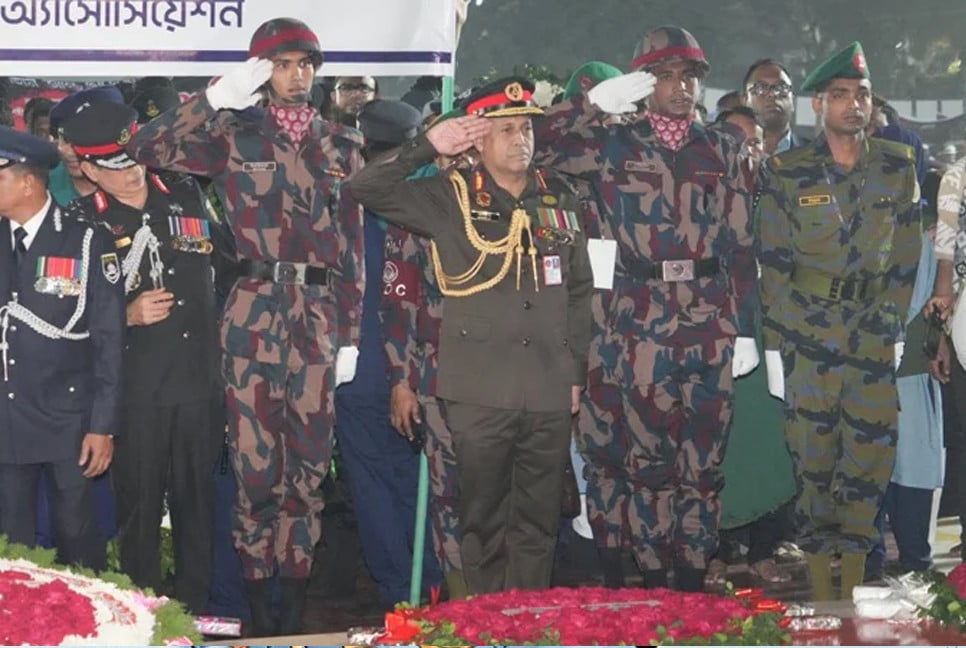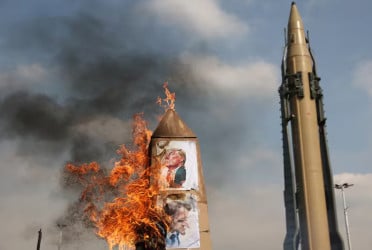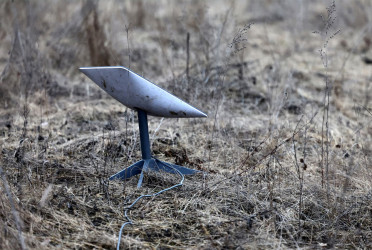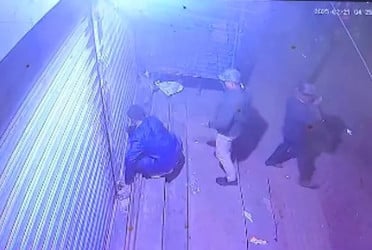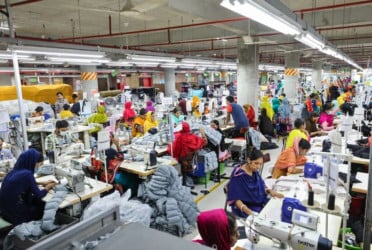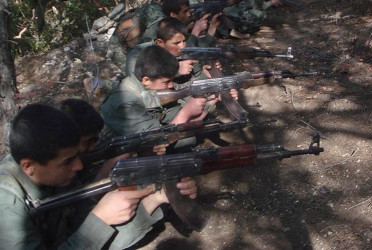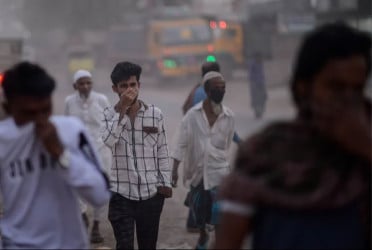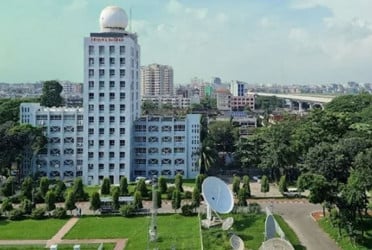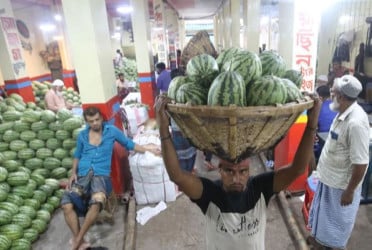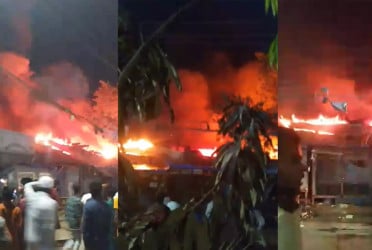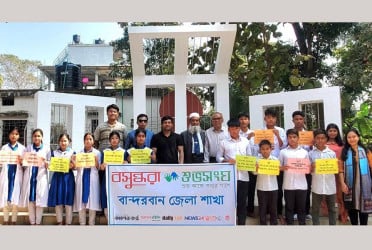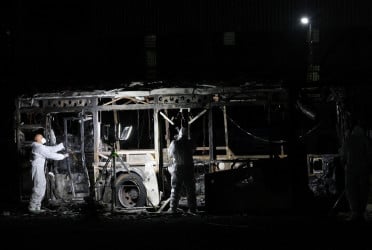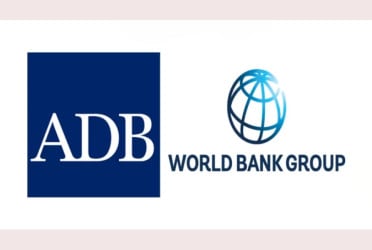A leading national daily is once again accused of reviving the controversial "minus two formula," now targeting Tarique Rahman, the acting chairman of the Bangladesh Nationalist Party (BNP), alongside his mother, Khaleda Zia. First used in 2007 to oust political figures like Khaleda Zia and Sheikh Hasina, the formula now seeks to undermine Tarique, long portrayed as a political villain.
For years, the newspaper has relentlessly tarnished Tarique’s reputation, labeling him a terrorist, corrupt, and a symbol of wealth, seemingly aiming to destroy his political career. Critics argue this strategy persists behind the scenes, fueling growing political tensions and dissatisfaction among BNP leaders.
Tarique Rahman, son of the late President Ziaur Rahman and former Prime Minister Khaleda Zia, has lived in political exile for years. The Karwan Bazar-based newspaper has cast him as the "son of terrorism and corruption," publishing countless reports to provoke public outrage and delegitimize his political aspirations. Recent protests by Islamist groups, accusing the paper of Islamophobia and ties to India’s RAW intelligence agency, have further escalated the controversy.
This publication, which played a key role during the one-eleven crisis, is seen by critics as part of a broader effort to eliminate Tarique Rahman, as well as Sheikh Hasina and Khaleda Zia, from the political scene. Despite Tarique's acquittal in several cases, ongoing legal issues and the negative public perception shaped by the media campaign have blocked his return to Bangladesh. This ongoing vilification raises concerns about the newspaper’s influence on public perception and its role in political manipulation.
Accusations have emerged that Prothom Alo, a leading national daily, is continuing its efforts to undermine Tarique Rahman by reviving a long-standing political agenda. Sources suggest the newspaper is still actively working to implement a blueprint that aims to diminish the influence of major political parties in Bangladesh, despite its failure to do so during the one-eleven period.
The newspaper, which has been critical of both the BNP and the Awami League, is accused of attempting to create a "third force" in Bangladesh politics by excluding these two dominant parties. Its continued focus on vilifying Tarique Rahman, along with his late brother Arafat Rahman Koko, has fueled growing discussions and criticism among BNP leaders and the public.
Prothom Alo has faced accusations of consistently publishing defamatory reports linking the BNP to militancy and portraying Tarique Rahman as responsible for various criminal activities. Notably, the newspaper reported extensively on the August 21 grenade attack, associating Tarique Rahman with the incident despite his recent acquittal in the case. Many of these reports have been questioned for their baselessness.
With the acquittal of Tarique Rahman in the grenade attack case, questions are now being raised about the responsibility Prothom Alo holds for its past publications, which have damaged his reputation. Critics are demanding accountability for the newspaper’s role in publishing defamatory content and are asking who will be held liable for the harm caused by these reports.
On June 7, 2007, Prothom Alo editor Matiur Rahman published a sharply critical opinion piece titled "Tarique's Corruption Must Be Tried," in which he outlined allegations of corruption against Tarique Rahman. The article focused on Tarique’s alleged involvement in illegal activities, particularly his ties to Gias Uddin al Mamun, a known associate. It accused Tarique of extortion and illicit wealth accumulation, aiming to publicly humiliate him.
Matiur argued that Tarique Rahman was fully aware of Mamun’s corrupt activities and personally benefited from them. He stated, "In the past five years, the massive fortune accumulated by Tarique and Mamun, along with the public rumors and the testimony of Mamun-Babar, have fully substantiated the corruption charges." The commentary also implicated former Prime Minister Khaleda Zia, suggesting she may have been complicit in her son's alleged wrongdoings, further damaging the family’s reputation.
In his piece, Matiur Rahman insisted that no government could overlook the harm Tarique Rahman had allegedly caused the nation, asserting, "No government can forgive Tarique for the damage he has done through his activities."
Along with the opinion article, Prothom Alo ran a series of reports, including one titled "Tarique, Babar, Harris, and Mamun: Four Big Corrupt Figures of BNP" and another implicating Tarique Rahman’s family in corruption. Matiur also penned a commentary on January 26, 2008, titled "August 21 Attack: The Truth Is Coming Out," in which he portrayed Tarique as a key figure in the attack, further vilified by a scathing cartoon.
These publications are widely seen as part of a concerted effort to tarnish Tarique Rahman’s political career, painting him as a symbol of corruption and undermining his reputation.
In its ongoing coverage, Prothom Alo has repeatedly focused on tarnishing the image of Tarique Rahman with a series of critical reports and cartoons. On March 25, 2008, the newspaper ran a headline reading, "Corruption Case Against Tarique, Charge Sheet to Be Served Soon," accompanied by cartoons of Tarique’s face. It was followed by another article accusing him of illegally acquiring assets worth Tk 5 crore.
On April 24, 2008, Prothom Alo published another report linking Tarique Rahman to a Tk 21 crore bribery charge involving former state minister Lutfozzaman Babar and his brother Koko, with a headline reading, "Tarique Accused in Babar’s Tk 21 Crore Bribery Charge Sheet." Additionally, the newspaper reported on allegations of embezzlement involving orphanage funds, with a headline: "Orphanage Money Embezzlement: Case May Be Filed Against Tarique."
On June 12, 2014, Prothom Alo published a column by Sohrab Hasan, titled "Tarique: BNP's Trust or Understanding?" This column, which analyzed and perpetuated various negative narratives about Tarique Rahman, aimed to portray him as a political failure. The column’s title, "Again Tarique’s Decade! The Administration of Harris Again!" further suggested an attempt to label Tarique Rahman as a villain in Bangladesh’s political landscape.
On March 19, 2012, a prominent national daily published a report linking Tarique Rahman to the infamous August 21 grenade attack. The headline read, "Trial begins, 52 accused including Babar, Tarique, Mujahid," signaling the newspaper's persistent efforts to implicate Tarique in the attack. Multiple reports followed, but after the interim government came to power, Tarique and other accused individuals were acquitted.
The newspaper also repeatedly associated Tarique Rahman with militancy, publishing a fabricated report citing WikiLeaks that claimed, "Tarique Rahman arranged the release of Bangla Bhai's associate." The newspaper seemingly spared no effort in tarnishing his image.
To further discredit Rahman, the newspaper even organized a public poll asking readers to comment on his hypothetical retirement from politics, with the headline, "Welcome the announcement of Tarique Rahman’s retirement from politics," and included responses from those supportive of his departure.
In addition to reports about Tarique, the newspaper also published columns concerning his late brother, Arafat Rahman Koko. One notable column, "Koko Kahini" by Special Correspondent Hasan Ferdous, criticized Koko's character and life, further fueling negative narratives around the Koko Rahman family.
A national daily has come under fire for publishing a series of reports and cartoons aimed at damaging the reputation of Tarique Rahman and his family. One such article, about his late brother Koko, was titled "Koko’s 6-Year Jail," while another read "Koko's Trial Begins." In a controversial cartoon, Koko’s head was depicted as a wallet overflowing with money, symbolizing corruption and money laundering. These portrayals have led to accusations of deliberate character assassination.
Political analysts and the public argue that the newspaper’s coverage, including articles, cartoons, and columns, appears designed to paint Tarique Rahman as a political villain and destroy his career. Despite being granted bail in several cases, Tarique’s efforts to return to politics have been repeatedly undermined by what critics describe as a sustained campaign to tarnish his image.
Under the current interim government, the newspaper’s actions are seen as part of a larger conspiracy to exclude Tarique from politics, manipulating public opinion and fueling religious sentiment. Prothom Alo, led by Matiur Rahman, is accused of actively working to thwart Tarique Rahman’s political comeback.
Translated by Jisan Al Jubair
Bd-pratidin English/ Jisan

